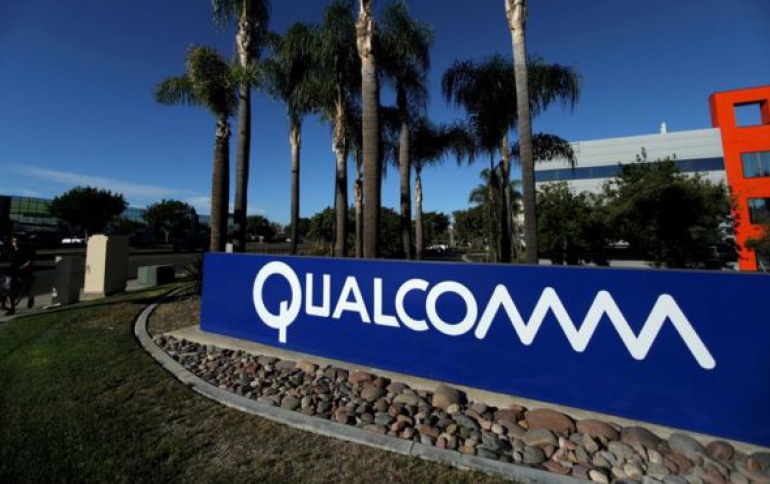
Qualcomm to Appeal Stay Denial to Korea Supreme Court
The Seoul High Court (Court) has denied Qualcomm's application to stay the operation of the remedial order issued against it by the Korea Fair Trade Commission (KFTC), but the U.S. company will file an immediate appeal of the stay decision to the Korea Supreme Court.
Late last year the Korea Fair Trade Commission (KFTC) fined Qualcomm 1.03 trillion won ($912.34 million) for what it called unfair business practices in patent licensing and modem chip sales.
Qualcomm filed two lawsuits with the Seoul High Court, one calling for the nullification of the regulator's decision and another seeking the suspension of the corrective order until a ruling on the first is made.
The Seoul High Court today denied Qualcomm's stay application after finding that the company's business will not suffer irreparable harm if the KFTC's order remains in effect. Qualcomm says that the KFTC's order reviewed by the Court "does not invalidate any existing license agreements, does not prohibit Qualcomm from entering into licenses for its standard essential patents (SEPs) and other patents at the device level and does not limit the royalties Qualcomm can seek or collect for SEPs under its current or future licenses as long the license agreements are consistent with Qualcomm's FRAND commitments."
The order requires Qualcomm to engage in good-faith negotiations with chip companies seeking a license and to negotiate possible amendments with current licensees upon request.
The court's decision to deny Qualcomm's stay application does not impact Qualcomm's appeal of the underlying KFTC decision, which the Seoul High Court will consider later.
Qualcomm continues to believe that the KFTC's decision "is not supported by the facts and law, and was the product of a hearing and investigation that denied Qualcomm fundamental due process rights." Qualcomm also intends to preserve and pursue its arguments that the KFTC's underlying decision exceeds its authority and principles of international law by "inappropriately seeking to regulate intellectual property rights arising under the laws of other nations, including the United States."





















